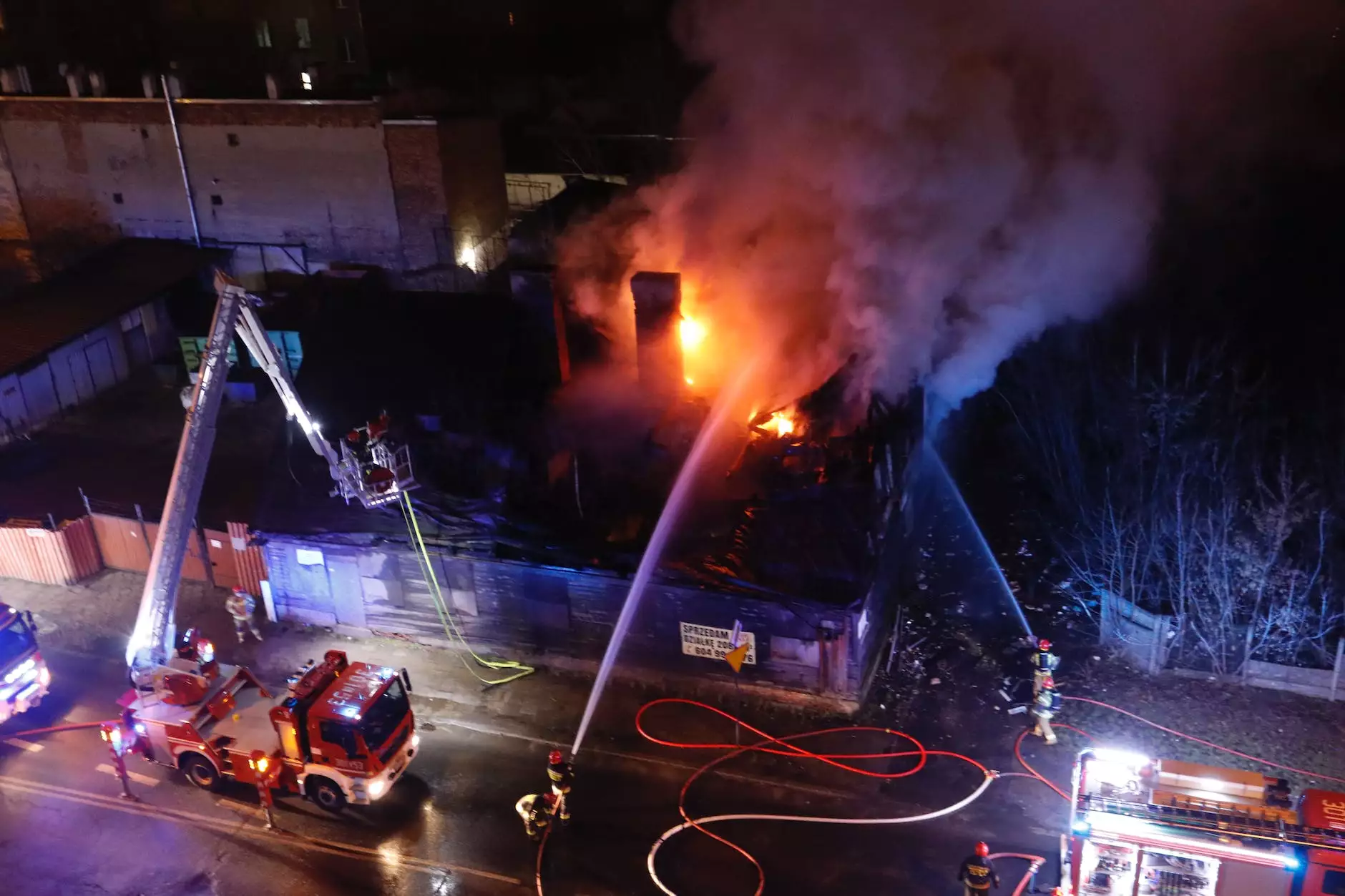When is pain management negligent?
Blog
Pain is an unpleasant sensation that can significantly impact a person's quality of life. When individuals seek medical help to alleviate their pain, they put their trust in healthcare professionals, including pain management specialists, who are supposed to provide appropriate treatment and care. However, not all pain management practices adhere to the highest standards, raising concerns about potential negligence.
Pain Management and Negligence: Understanding the Connection
Unfortunately, instances of pain management negligence can occur, leaving patients in a vulnerable position both physically and emotionally. Negligence in pain management refers to situations where healthcare providers fail to meet their duty of care, causing harm or exacerbating patients' conditions. Identifying when pain management becomes negligent requires a thorough evaluation of individual cases and an understanding of the legal aspects involved.
The Importance of Recognizing Pain Management Negligence
Recognizing pain management negligence is crucial for those who have suffered harm at the hands of healthcare providers. By understanding when negligence occurs, victims can seek justice and potentially receive compensation for the damages they have endured. Moreover, holding accountable those responsible for pain management negligence helps raise awareness and ensure better standards of care in the future.
Identifying Signs of Negligence in Pain Management
Knowing the signs of negligence in pain management is essential for patients and their families. Here are some key indicators that may suggest negligence:
- Failure to conduct adequate patient assessments: Pain management specialists should perform a thorough assessment of a patient's medical history, current condition, and any underlying factors that may affect their pain management treatment.
- Improper diagnosis or treatment: Misdiagnosis or incorrect treatment plans can result in unnecessary pain, prolonged suffering, or the worsening of a patient's condition.
- Inadequate pain management plans: Healthcare providers should develop comprehensive and individualized pain management plans tailored to each patient's specific needs.
- Failure to monitor and adjust treatment: Regular monitoring and adjusting of pain management treatments are crucial to ensure their effectiveness and address any evolving conditions.
- Inadequate communication: Effective communication between patients and healthcare providers is vital for successful pain management. Negligence can occur when important information is not communicated or documented properly.
- Medication errors: Errors in prescribing, administering, or monitoring medication can lead to serious complications or adverse effects.
Legal Considerations for Pain Management Negligence
When pain management negligence occurs, seeking legal assistance may be necessary to protect one's rights and obtain fair compensation. Troy Powell Law Firm specializes in medical malpractice cases, including those related to pain management negligence. Our experienced team of lawyers understands the complexities of such cases and can provide you with the guidance and representation you need.
How Troy Powell Law Firm Can Assist You
At Troy Powell Law Firm, we believe in fighting for justice on behalf of victims of pain management negligence. Our legal experts will carefully evaluate your case, gather evidence, and work with medical professionals to build a strong legal claim. We have a proven track record of successful outcomes in medical malpractice cases and will staunchly advocate for your rights and compensation.
Contact Us for a Free Consultation
If you or a loved one has experienced pain management negligence, we encourage you to reach out to us for a free consultation. Our dedicated team is here to listen to your story, provide personalized advice, and guide you through the legal process. Time is of the essence in medical malpractice cases, so contact Troy Powell Law Firm today for the representation you deserve.




